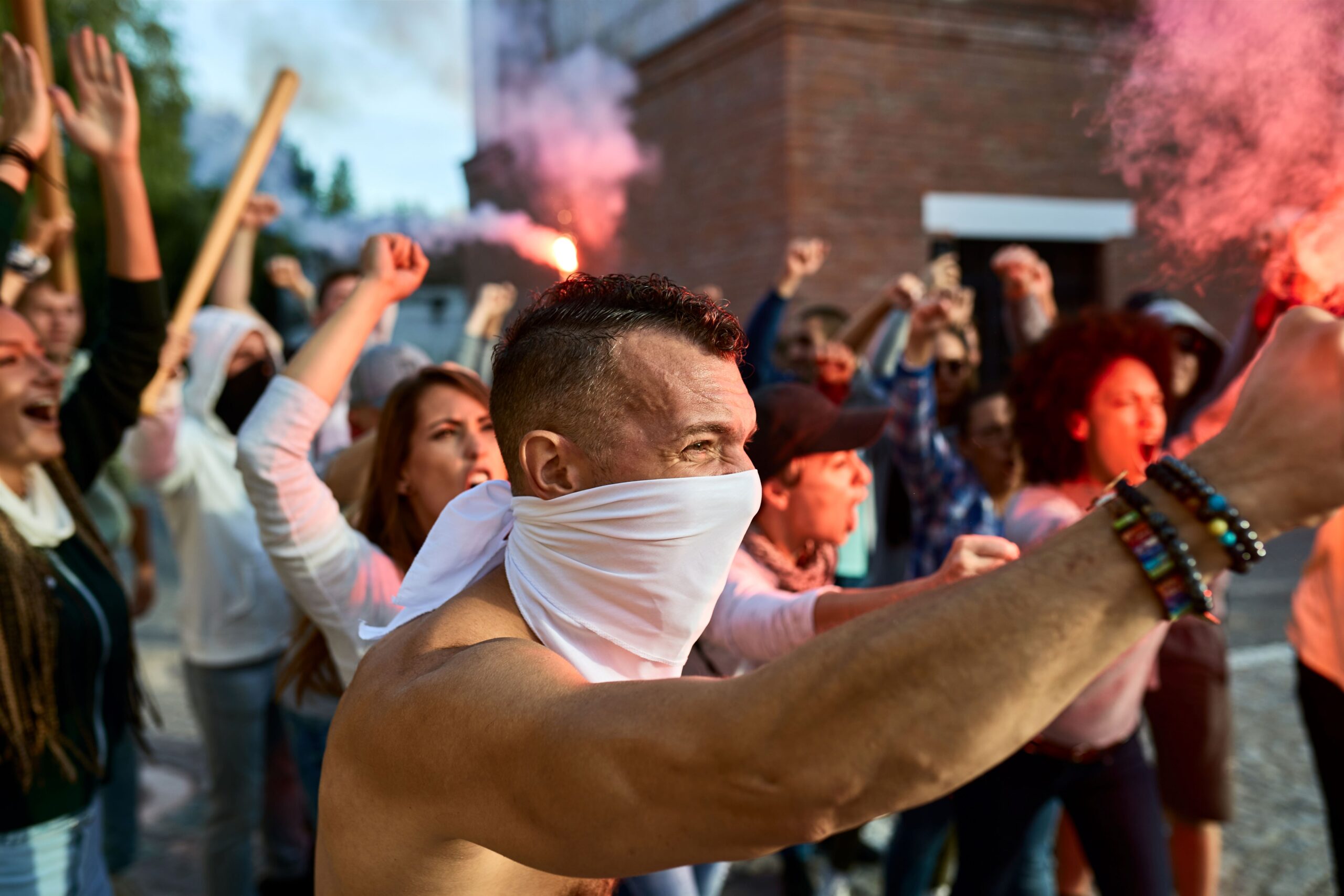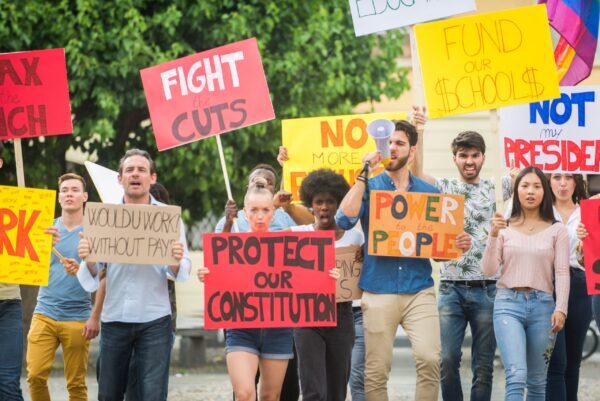South Sudan’s Transitional National Legislative Assembly (TNLA) has passed the National Elections Bill 2023, triggering fierce protests from the opposition Sudan People’s Liberation Movement-in-Opposition (SPLM-IO). Lawmakers from the ruling SPLM-In Government (SPLM-IG) pushed through amendments that inflate the size and composition of parliament, a move critics say undermines the will of the electorate.
Expanded Legislature Sparks Protests
Originally drafted to limit the assembly to 250 seats, the Elections Bill was amended by the SPLM-IG majority led by President Salva Kiir, increasing membership to 332. First Vice President Riek Machar’s SPLM-IO immediately denounced the change as self-serving, staging walkouts and candlelight vigils outside the parliamentary complex in Juba. SPLM-IO leaders argue that swelling the legislature and granting the President additional appointment powers dilutes popular representation and concentrates authority in executive hands.
Key Provisions of the Election Act
TNLA spokesman John Agany explained that the revised Election Act 2023 seeks broader inclusivity through a detailed seat allocation formula. Under the new arrangement, parliament’s composition is designed to reflect geographic, gender, and party interests, as well as special interest groups:
- Total Seats Increased to 332: Up from the originally proposed 250 members.
- Geographical Constituencies (50%): Half of the seats are won by direct popular vote across counties.
- Women’s Representation (35%): Seats reserved for female candidates to promote gender balance.
- Political Party Lists (15%): Proportional allocation based on party vote share.
- Presidential Appointments (5–10%): The President may nominate experts, civil society figures, and minority representatives.
These measures aim to accommodate communities historically underrepresented in national decision-making while embedding gender quotas. Critics, however, argue that presidential appointments risk favoritism and weaken legislative independence.
Opposition Concerns and Next Steps
Deputy SPLM-IO chairman Oyet Nathaniel Pierino condemned the expansion, warning that extra seats and appointment powers “strip away the sovereignty of the South Sudanese people.” He called for renewed negotiations to restore the original 250-member limit and eliminate unilateral presidential nominations. SPLM-IO has threatened legal action and has appealed to regional mediators to intervene, claiming the process lacked sufficient public consultation.
In response, President Kiir’s allies insist that the amendments were adopted through proper parliamentary procedures and reflect a commitment to inclusive governance. They point to the inclusion of marginalized groups and the safeguarding of women’s rights as evidence of progress.
The Law is the Final Word
With the bill now law, the Ministry of Finance and relevant agencies must allocate budgets and establish electoral boundaries in preparation for the country’s first major polls under the 2018 Revitalized Peace Agreement. Monitoring groups have been invited to observe seat-demarcation exercises and the assembly’s ongoing work on electoral regulations. Although tensions remain, both sides publicly express a desire to see elections held on schedule and to avoid further delays in South Sudan’s fragile peace process.
As South Sudan moves toward its upcoming vote, political leaders face the challenge of reconciling concerns over executive influence with the need to maintain an inclusive, representative parliament. The international community and regional bodies will be watching closely to ensure that the expanded legislature serves national unity rather than deepening partisan rifts.

